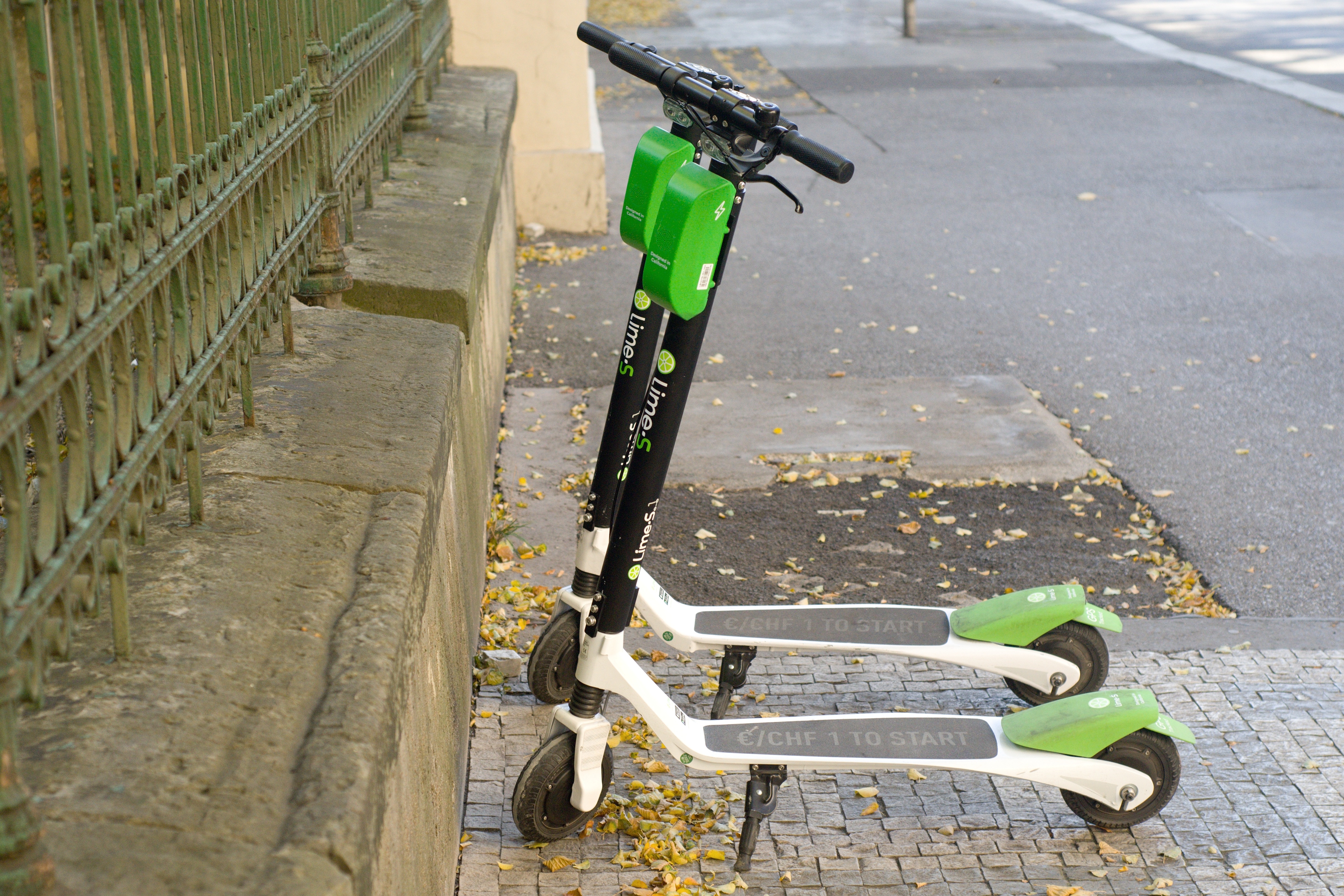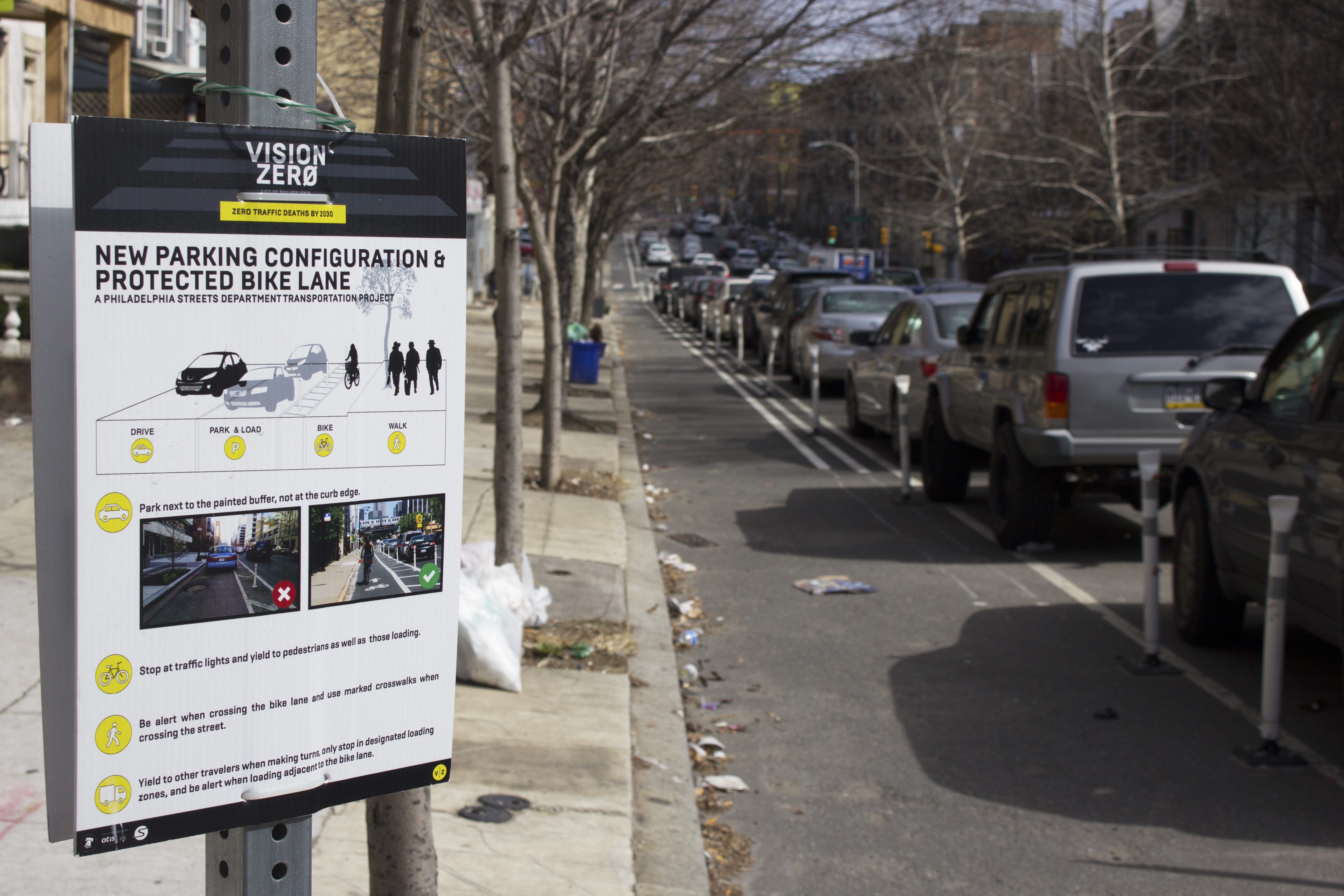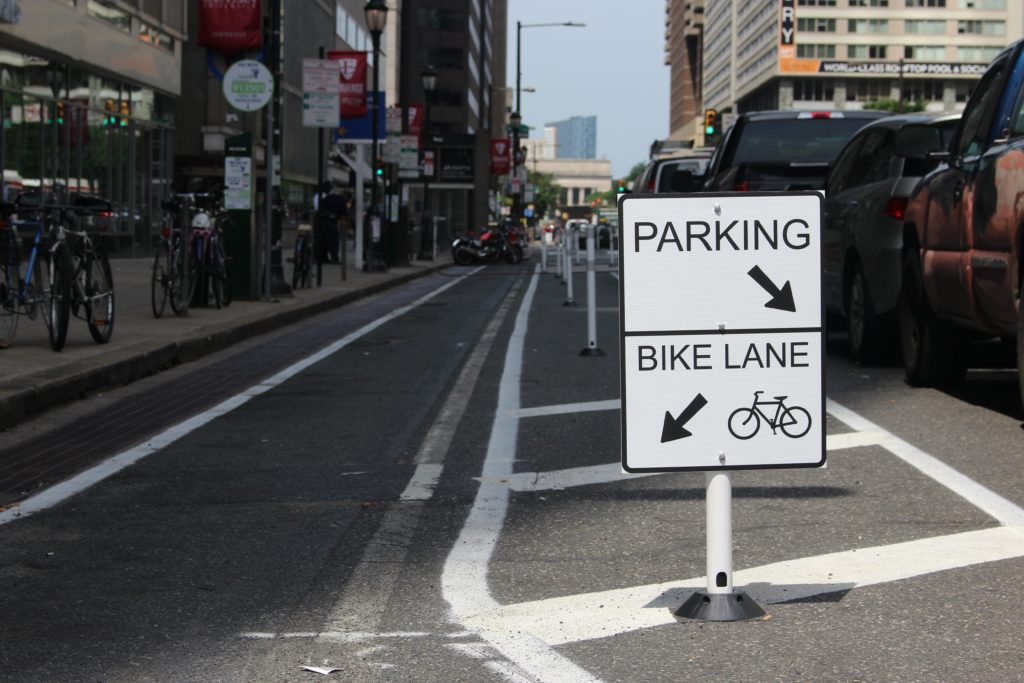Clean Air Council Delivers Testimony to Philadelphia City Council In Support of Dockless E-Scooters

Two major steps toward bringing dockless electric scooters to Pennsylvania and Philadelphia happened this week. Rep. Greg Rothman, R-87th, of Cumberland County and Rep. Stephen Kinsey, D-201st, of Philadelphia introduced HB 631 on Tuesday, that would add electric scooters to the “Special Vehicles and Pedestrians” section of Pennsylvania’s vehicle laws.
Today, Philadelphia City Council held a public hearing on dockless e-scooters and Clean Air Council delivered comments in support of this alternative mode of transportation, along with some of our concerns for how they would be implemented.
Electric scooters have the potential for great environmental benefits, and the Council is excited to see them possibly coming to Philadelphia in the future. The transportation sector in the United States makes up roughly 30% of greenhouse gas pollution, and a large portion of that comes from personal vehicles.
Public transportation, bikes, and walking are well known long-term alternatives to replace car trips, and the Council believes e-scooters are a new low emissions mode and an alternative that may take more cars off the road.
Studies in Cincinnati and Portland show that roughly 1/3 of scooter trips replaced either a personal car or an Uber/Lyft. Motor vehicle congestion is a major contributor to poor air quality in Philadelphia so alternatives to single occupancy vehicle trips must be considered. The Council supports these innovative companies working with the Office of Transportation, Infrastructure, and Sustainability to come up with transportation solutions that will reduce air pollution and the effects of climate change.
The Council believes it is not enough for the e-scooter trips to be low-emission, and believes part of the permit process should be that companies employ sustainable business practices when operating here. Two points are critical. First, the energy sourced for the trips should be renewable either through credits, or through the grid itself. Second, and most importantly, the companies operating in Philadelphia should commit to disposing of their waste sustainably, and recycling all of it.
Sustainable disposal of scooters that are no longer useable is important to the Council since companies turnover their fleet at least annually. No scooters used in Philadelphia should end up in a landfill. The batteries and other electronic components should be dealt with through sustainable e-waste practices, and the other parts of the scooters should be recycled or reused. How these companies deal with this waste is critically important from an environmental perspective.

The Council believes e-scooter companies should commit to being part of the city’s Vision Zero goals. Users who feel safe on our streets are central to their business model. This means investing in all of Philadelphia’s alternative transportation modes and contributing to a fund that takes a portion from each ride and puts it toward safe infrastructure.
These funds should be diverted from the General Fund and go to meet the city’s Vision Zero goals either through projects like restriping our roads, installing pedestrian bump-outs, education campaigns, or other engineering projects.

The Council also supports the rights of pedestrians to travel uninhibited on public sidewalks, walkways, and crosswalks and wants to ensure that people follow the law by not riding e-scooters on sidewalks. The best way to protect pedestrians from scooters riding on sidewalks is to create streets that are safe for all users. Safety includes having good policies in place to prevent scooters from inhibiting pedestrians. Enforcement should occur through the e-scooter apps and ensure that rides cannot end until the scooter is parked in an appropriate location that does not inhibit pedestrians.
Equally important to safety and sustainability is equity. These scooters will use public resources to operate, so they should serve all Philadelphians. Other cities require a certain percentage of scooters be placed in low-income and predominantly minority neighborhoods, and Philadelphia should not only do this, but lead the way with the most progressive regulations for equitable re-balancing. This would be in accordance with the demographics of our city. Companies should also be required to accept cash payment and be available to riders who don’t have a smartphone.
While the Council has several concerns about implementing scooters in a way that prioritizes sustainability, safety, equity, and transparency, we believe the city and the companies that want to operate here can address all of these concerns. The Council is excited about any new mode that curbs greenhouse gas emissions – we have a little more than a decade left to make major reductions to avoid the worst effects of climate change, and we cannot afford to miss out on opportunities to electrify a large portion of our transportation fleet.
Click here to read a full transcript of our e scooter testimony

